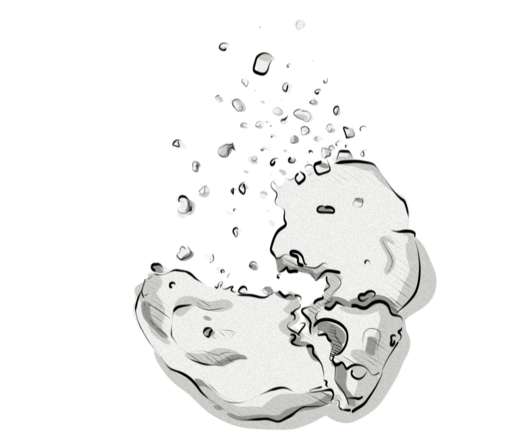31. Steve Latham – taking an Encore at Flashtalking
Paleo AdTech
DECEMBER 10, 2023
and when John Nardone joined as CEO in 2015 after running the DMP [x+1] ( sold to Rocket Fuel), he began to refashion the company as a Google alternative complete with self-contained ad server and dynamic creative products. Flashtalking itself started as a personalization platform in the U.K.,











Let's personalize your content